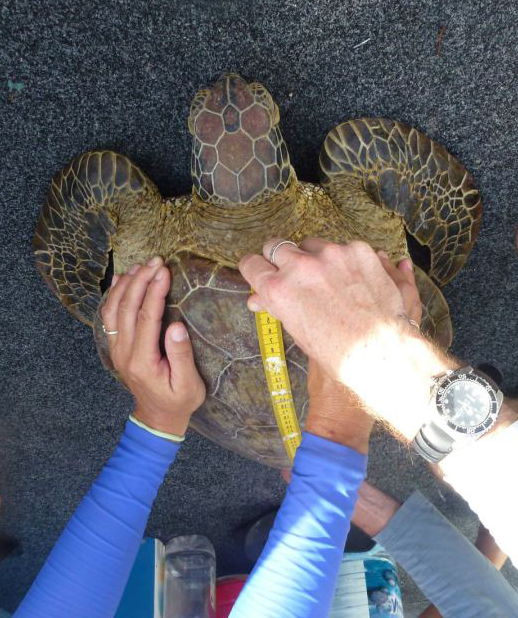BHP helps mine for reef info
 Millions will be spent tagging sharks and turtles on one of the largest reefs in the world.
Millions will be spent tagging sharks and turtles on one of the largest reefs in the world.
Researchers have announced a five-year, jointly-funded $5 million study that will include both deep and shallow reef research, turtle and shark tagging, a PhD scholarship scheme, all set at Ningaloo Reef.
Ningaloo is the largest fringing reef in the world, extending for 300 kilometres along the northwest coast of Australia.
Dr Andrew Johnson from CSIRO said the research would deliver the fundamental knowledge required to manage increasing and varied uses in the Ningaloo region.
“Our research presence at Ningaloo is now entering its tenth year, so we are very aware of the reef’s many uses – it is the way we manage and balance these different uses which is key to sustainable development,” Dr Johnson said.
“We intend to work closely with the Exmouth community throughout the project, to understand their needs and to build their knowledge of the local marine environment.”
The project will also seek opportunities to engage the local community, including BHP Billiton Petroleum employees.
As one of the major contributors to the funding, BHP says the investment in marine science will help the oil and gas industry to better understand the reef.
“We are dedicated to ensuring the knowledge on which we base our operational decisions is entrenched in science,” BHP Billiton Petroleum General Manager, Doug Handyside said at the launch of the partnership in Perth.
“The partnership between CSIRO and BHP Billiton supports this valuable scientific research to provide baseline data on the condition of the ecological values of the reef, which will allow assessments over time to determine any changes.”
The funding from BHP Billiton forms part of the company's voluntary community contributions, and is not linked to any statutory requirement or licensing conditions.
“Our environmental commitments go beyond our operational footprint to support areas of national and international conservation significance, aligning with our company’s strong focus on sustainability,” Mr Handyside said.








 Print
Print